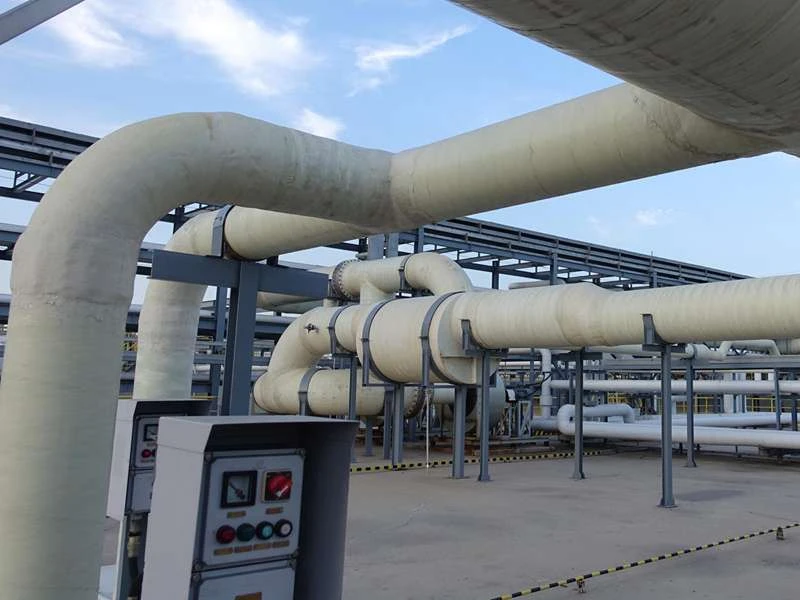
-
 Afrikaans
Afrikaans -
 Albanian
Albanian -
 Amharic
Amharic -
 Arabic
Arabic -
 Armenian
Armenian -
 Azerbaijani
Azerbaijani -
 Basque
Basque -
 Belarusian
Belarusian -
 Bengali
Bengali -
 Bosnian
Bosnian -
 Bulgarian
Bulgarian -
 Catalan
Catalan -
 Cebuano
Cebuano -
 China
China -
 China (Taiwan)
China (Taiwan) -
 Corsican
Corsican -
 Croatian
Croatian -
 Czech
Czech -
 Danish
Danish -
 Dutch
Dutch -
 English
English -
 Esperanto
Esperanto -
 Estonian
Estonian -
 Finnish
Finnish -
 French
French -
 Frisian
Frisian -
 Galician
Galician -
 Georgian
Georgian -
 German
German -
 Greek
Greek -
 Gujarati
Gujarati -
 Haitian Creole
Haitian Creole -
 hausa
hausa -
 hawaiian
hawaiian -
 Hebrew
Hebrew -
 Hindi
Hindi -
 Miao
Miao -
 Hungarian
Hungarian -
 Icelandic
Icelandic -
 igbo
igbo -
 Indonesian
Indonesian -
 irish
irish -
 Italian
Italian -
 Japanese
Japanese -
 Javanese
Javanese -
 Kannada
Kannada -
 kazakh
kazakh -
 Khmer
Khmer -
 Rwandese
Rwandese -
 Korean
Korean -
 Kurdish
Kurdish -
 Kyrgyz
Kyrgyz -
 Lao
Lao -
 Latin
Latin -
 Latvian
Latvian -
 Lithuanian
Lithuanian -
 Luxembourgish
Luxembourgish -
 Macedonian
Macedonian -
 Malgashi
Malgashi -
 Malay
Malay -
 Malayalam
Malayalam -
 Maltese
Maltese -
 Maori
Maori -
 Marathi
Marathi -
 Mongolian
Mongolian -
 Myanmar
Myanmar -
 Nepali
Nepali -
 Norwegian
Norwegian -
 Norwegian
Norwegian -
 Occitan
Occitan -
 Pashto
Pashto -
 Persian
Persian -
 Polish
Polish -
 Portuguese
Portuguese -
 Punjabi
Punjabi -
 Romanian
Romanian -
 Russian
Russian -
 Samoan
Samoan -
 Scottish Gaelic
Scottish Gaelic -
 Serbian
Serbian -
 Sesotho
Sesotho -
 Shona
Shona -
 Sindhi
Sindhi -
 Sinhala
Sinhala -
 Slovak
Slovak -
 Slovenian
Slovenian -
 Somali
Somali -
 Spanish
Spanish -
 Sundanese
Sundanese -
 Swahili
Swahili -
 Swedish
Swedish -
 Tagalog
Tagalog -
 Tajik
Tajik -
 Tamil
Tamil -
 Tatar
Tatar -
 Telugu
Telugu -
 Thai
Thai -
 Turkish
Turkish -
 Turkmen
Turkmen -
 Ukrainian
Ukrainian -
 Urdu
Urdu -
 Uighur
Uighur -
 Uzbek
Uzbek -
 Vietnamese
Vietnamese -
 Welsh
Welsh -
 Bantu
Bantu -
 Yiddish
Yiddish -
 Yoruba
Yoruba -
 Zulu
Zulu
high-pressure fiberglass piping system
High-Pressure Fiberglass Piping Systems A Comprehensive Overview
The demand for efficient, reliable, and durable piping systems is ever-increasing across various industries, particularly those that handle high-pressure applications. Among the diverse materials used for manufacturing pipes, fiberglass-reinforced plastic (FRP) has emerged as a preferred choice due to its outstanding properties. High-pressure fiberglass piping systems offer a unique combination of strength, corrosion resistance, lightweight design, and ease of installation, making them ideal for a multitude of applications.
Understanding Fiberglass Reinforced Plastic
Fiberglass-reinforced plastic is a composite material made from a polymer matrix reinforced with glass fibers. This combination results in a material that exhibits exceptional strength-to-weight ratios, providing excellent structural integrity while being significantly lighter than traditional materials such as steel or concrete. The reinforcement from glass fibers allows fiberglass pipes to withstand high internal pressures, making them suitable for a variety of demanding environments.
Advantages of High-Pressure Fiberglass Piping Systems
1. Corrosion Resistance One of the primary benefits of fiberglass piping is its resistance to corrosion. Unlike metal pipes that may corrode over time due to chemical reactions with fluids they transport, fiberglass does not rust or degrade in acidic or alkaline conditions. This property makes it particularly advantageous in industries such as chemical processing, wastewater treatment, and oil and gas, where exposure to harsh substances is common.
2. Lightweight Fiberglass pipes are significantly lighter than their metal counterparts, which simplifies transportation and installation processes. This lightweight nature reduces labor costs and installation time, allowing for faster project completion.
3. High Strength High-pressure fiberglass piping systems are designed to handle substantial internal pressures, making them suitable for various applications, including water supply systems, industrial fluid transport, and even municipal water systems. Their strength ensures that they can endure the stresses associated with demanding operational conditions.
4. Thermal Insulation Fiberglass pipes provide excellent thermal insulation, which helps in maintaining the temperature of the fluids transported. This feature is particularly useful in applications requiring temperature-sensitive materials.
5. Low Maintenance Requirements The durability and corrosion-resistant properties of fiberglass lead to reduced maintenance needs. Users can expect lower operational costs over time since there are fewer instances of repair or replacement compared to traditional piping systems.
high-pressure fiberglass piping system

Applications of High-Pressure Fiberglass Piping
High-pressure fiberglass piping systems are versatile and find applications across various sectors.
- Chemical Processing In chemical plants, fiberglass piping is often used to transport corrosive liquids and gases safely. Its resistance to chemical attack makes it an ideal choice for this environment.
- Water Management Municipal water supply systems utilize fiberglass piping for its ability to handle high-pressure applications while remaining cost-effective and efficient.
- Oil and Gas In the oil and gas industry, fiberglass pipes are employed for transporting liquids and gases under high pressure and extreme conditions. Their resistance to environmental factors and corrosive substances makes them an essential component of modern extraction and transportation operations.
- Hydrocarbon Transportation Fiberglass pipes are increasingly used in oil field applications for transporting hydrocarbons, as they can withstand the challenges posed by the extreme conditions often seen in such environments.
Conclusion
High-pressure fiberglass piping systems represent a breakthrough in piping technology, combining strength, lightweight characteristics, and resistance to corrosion and harsh environments. As industries continue to evolve and face new challenges, the adoption of advanced materials such as fiberglass will play a crucial role in driving efficiency, safety, and sustainability. With their myriad advantages and wide range of applications, high-pressure fiberglass piping systems are not just a trend but a critical component in numerous sectors aiming for modernization and improved operational performance.
In conclusion, investing in high-pressure fiberglass piping is not only a smart choice but often a necessary step for companies looking to enhance their infrastructure and optimize their operations in today's competitive landscape.









